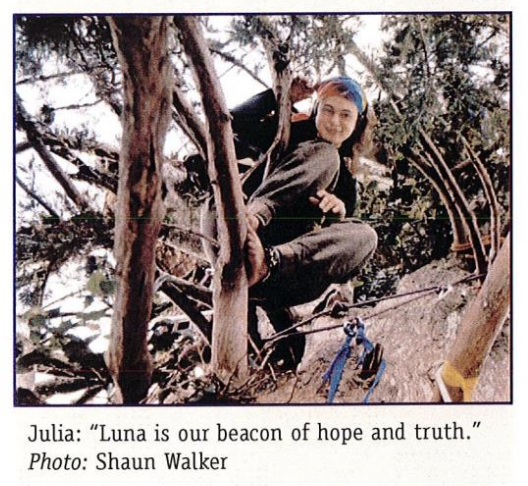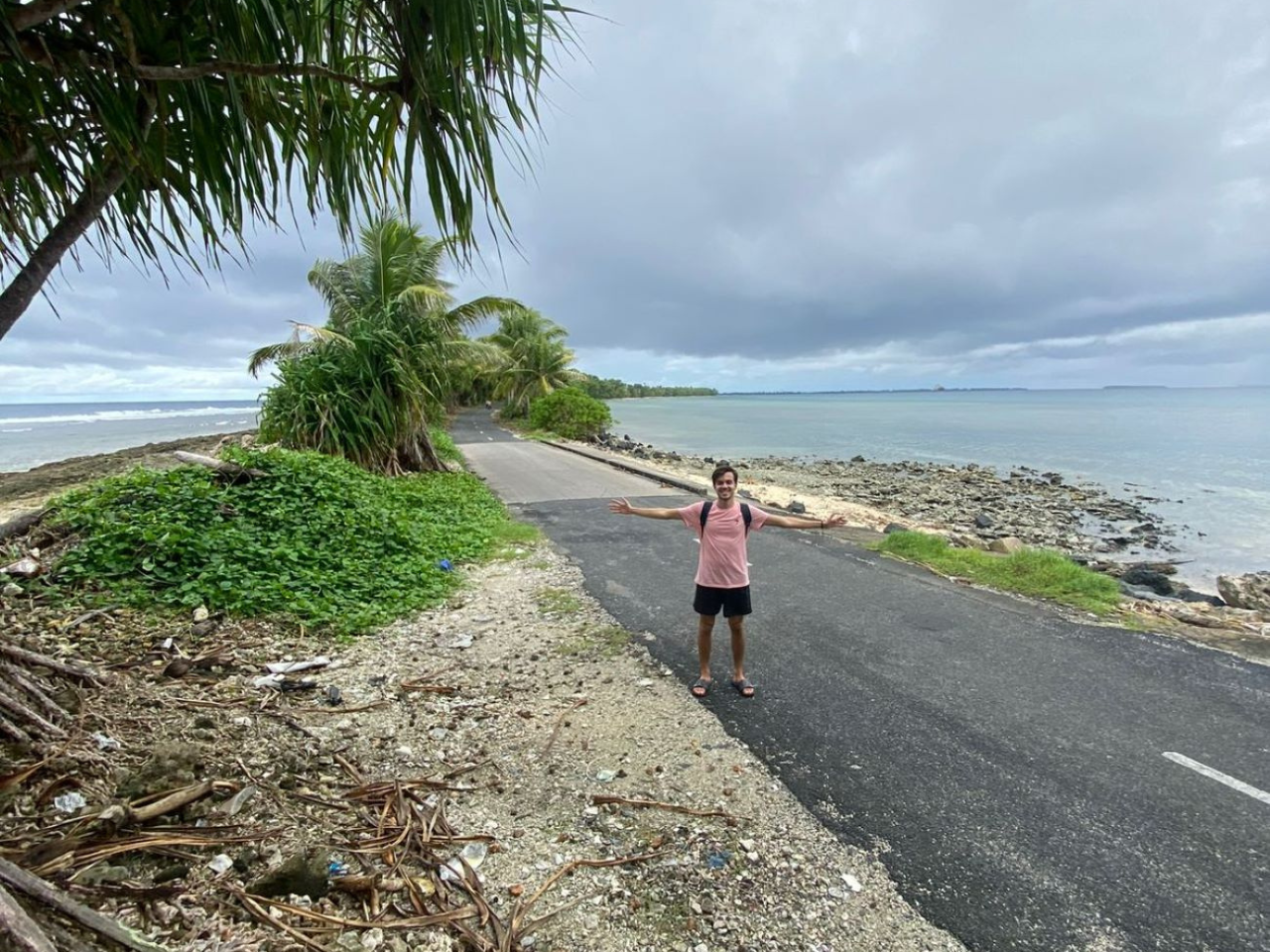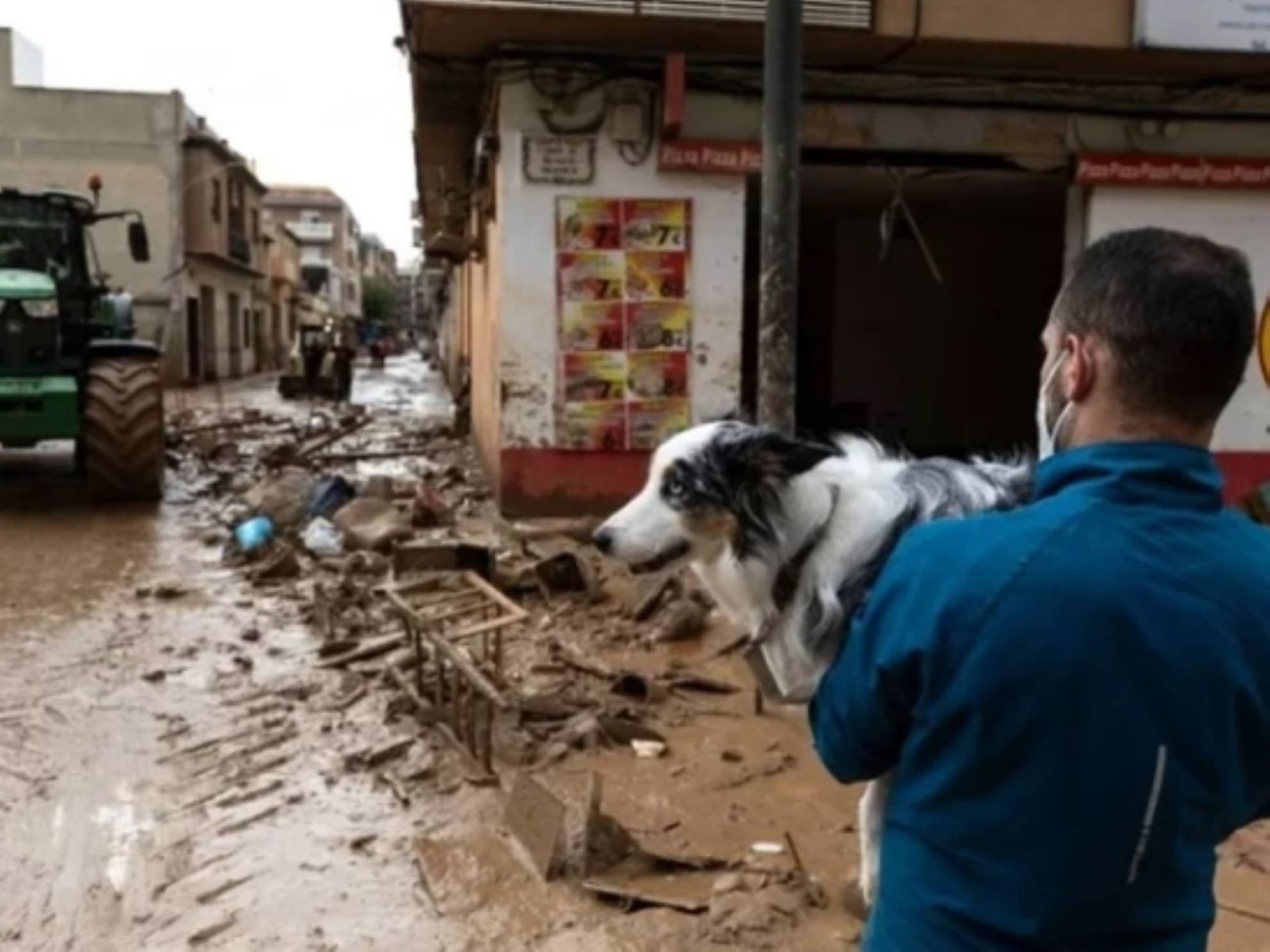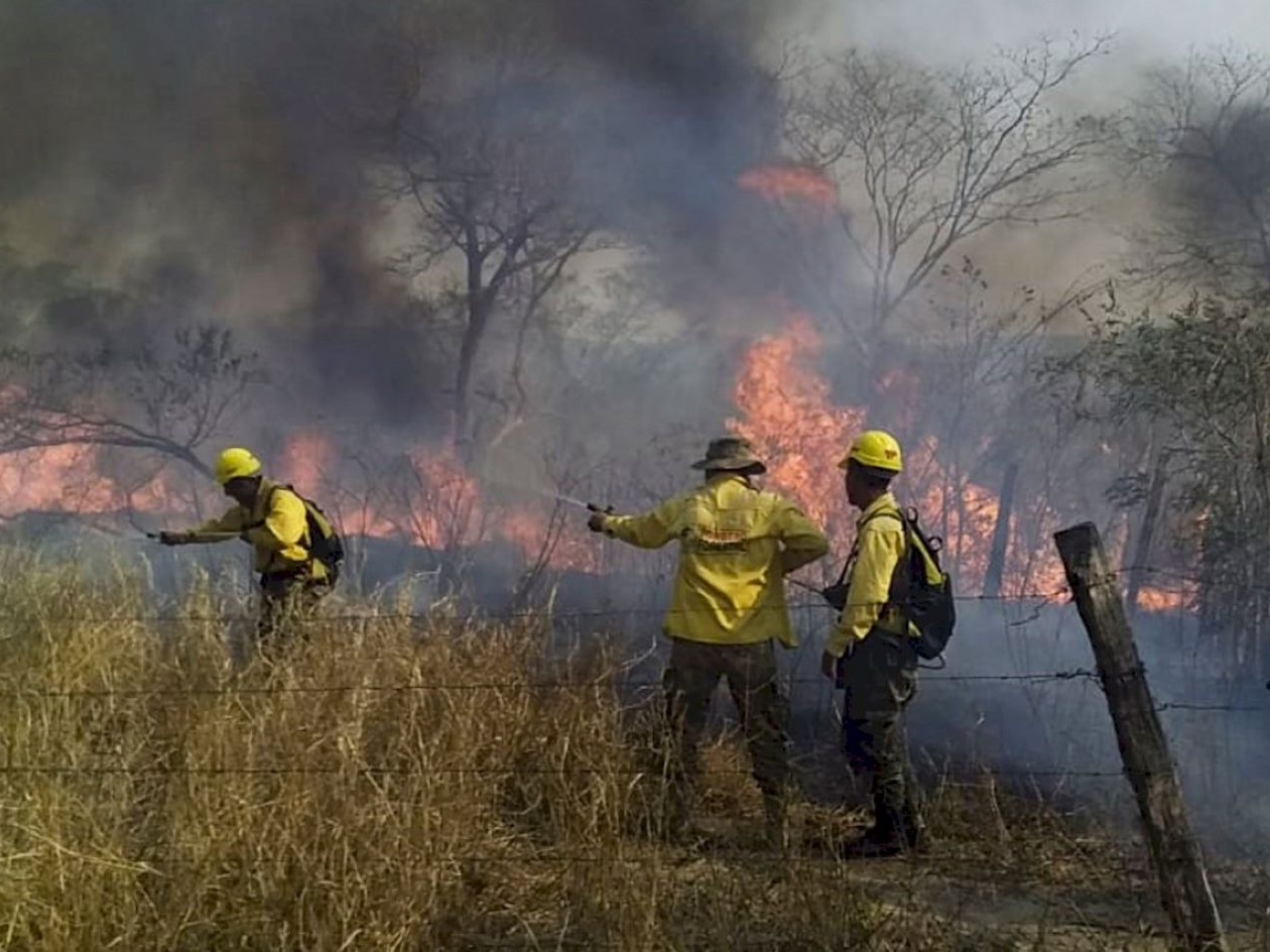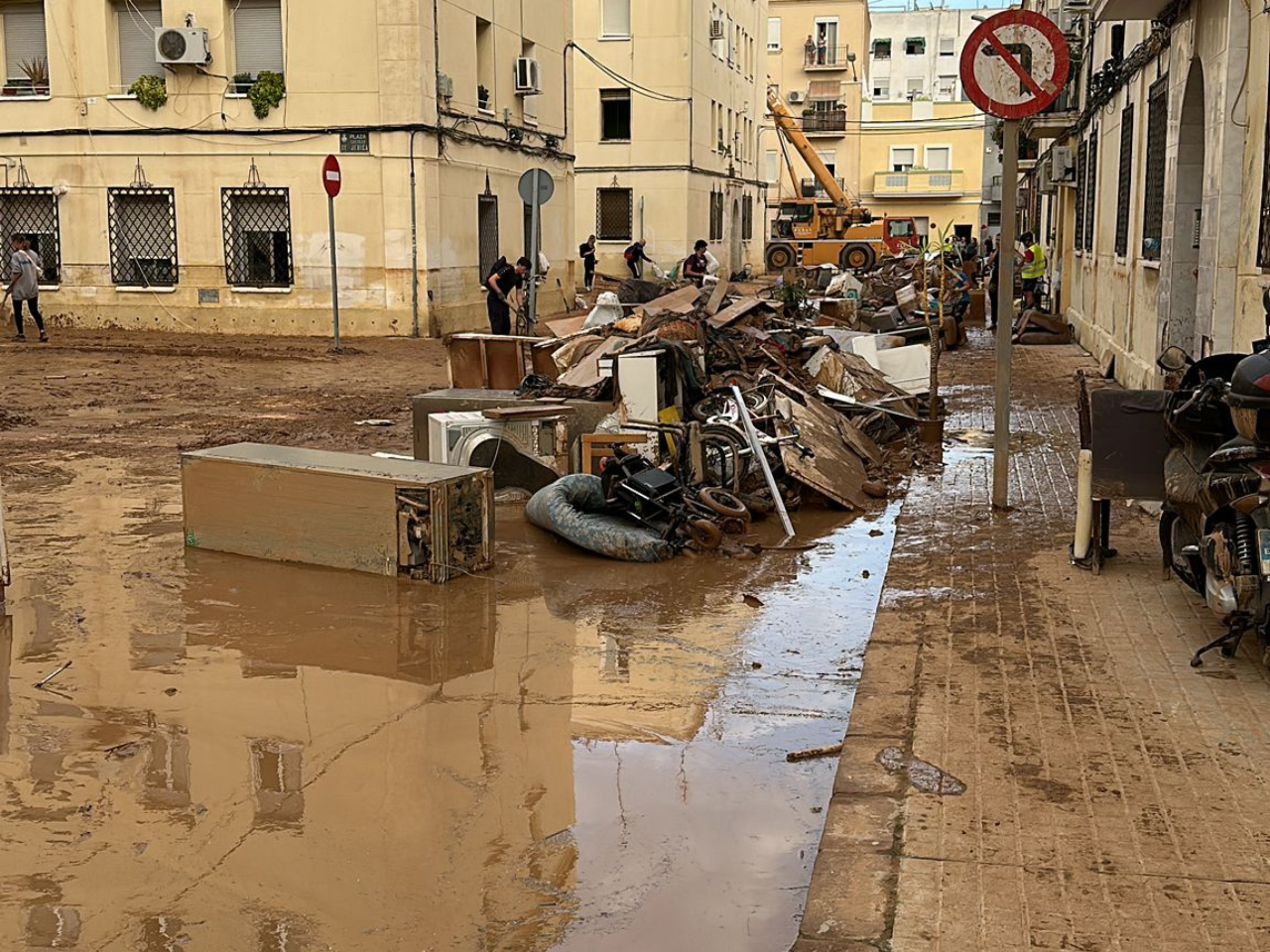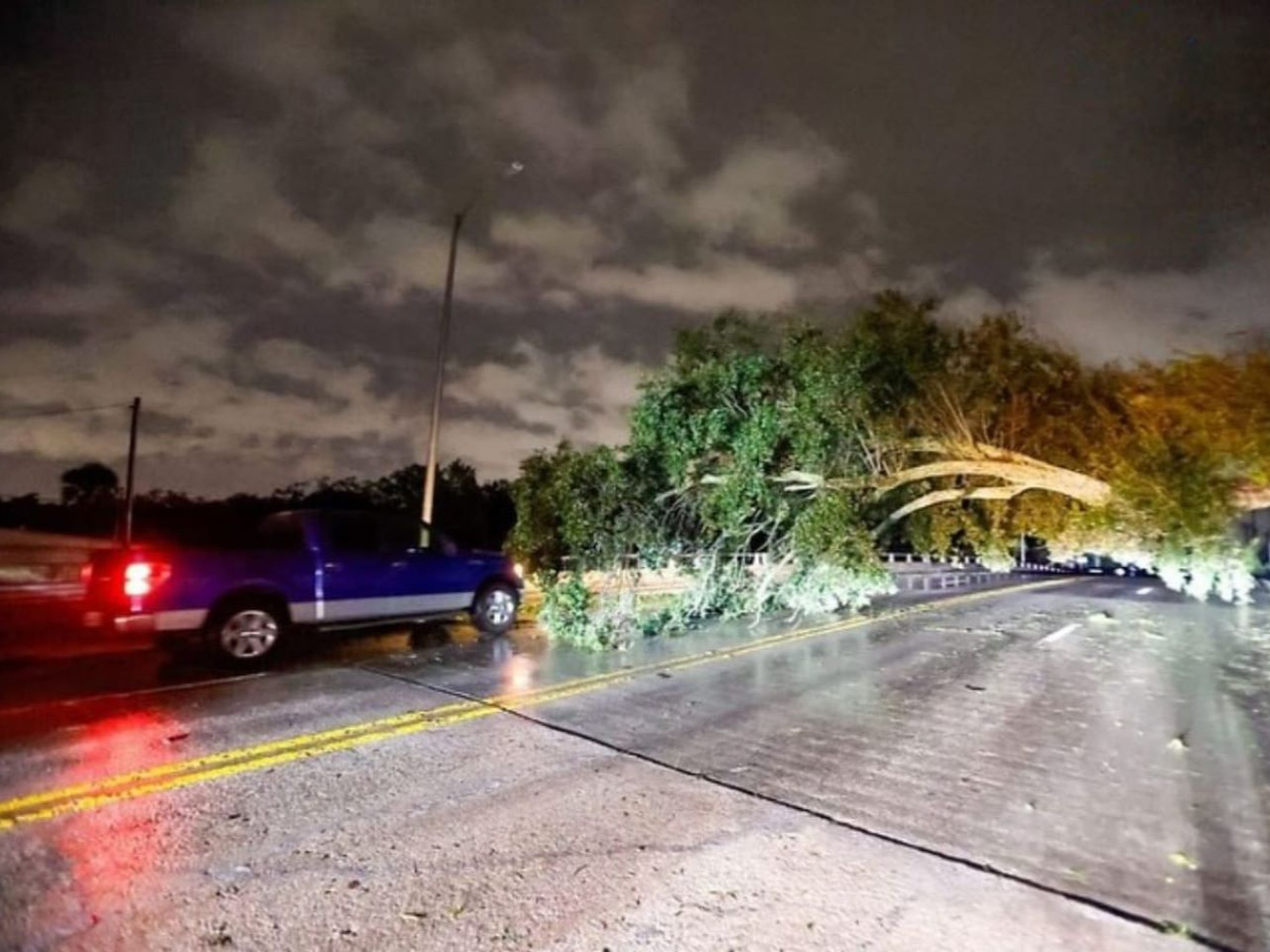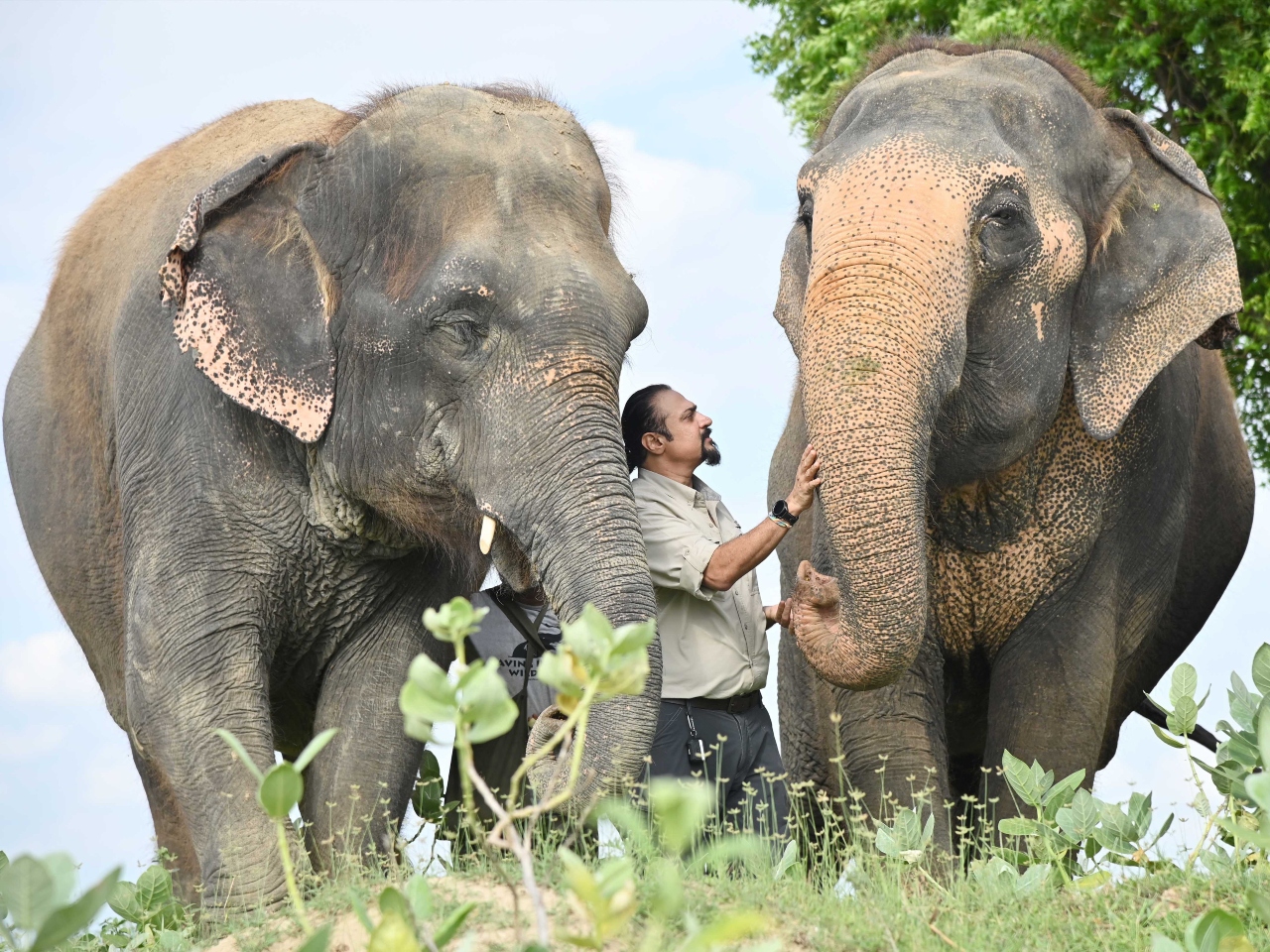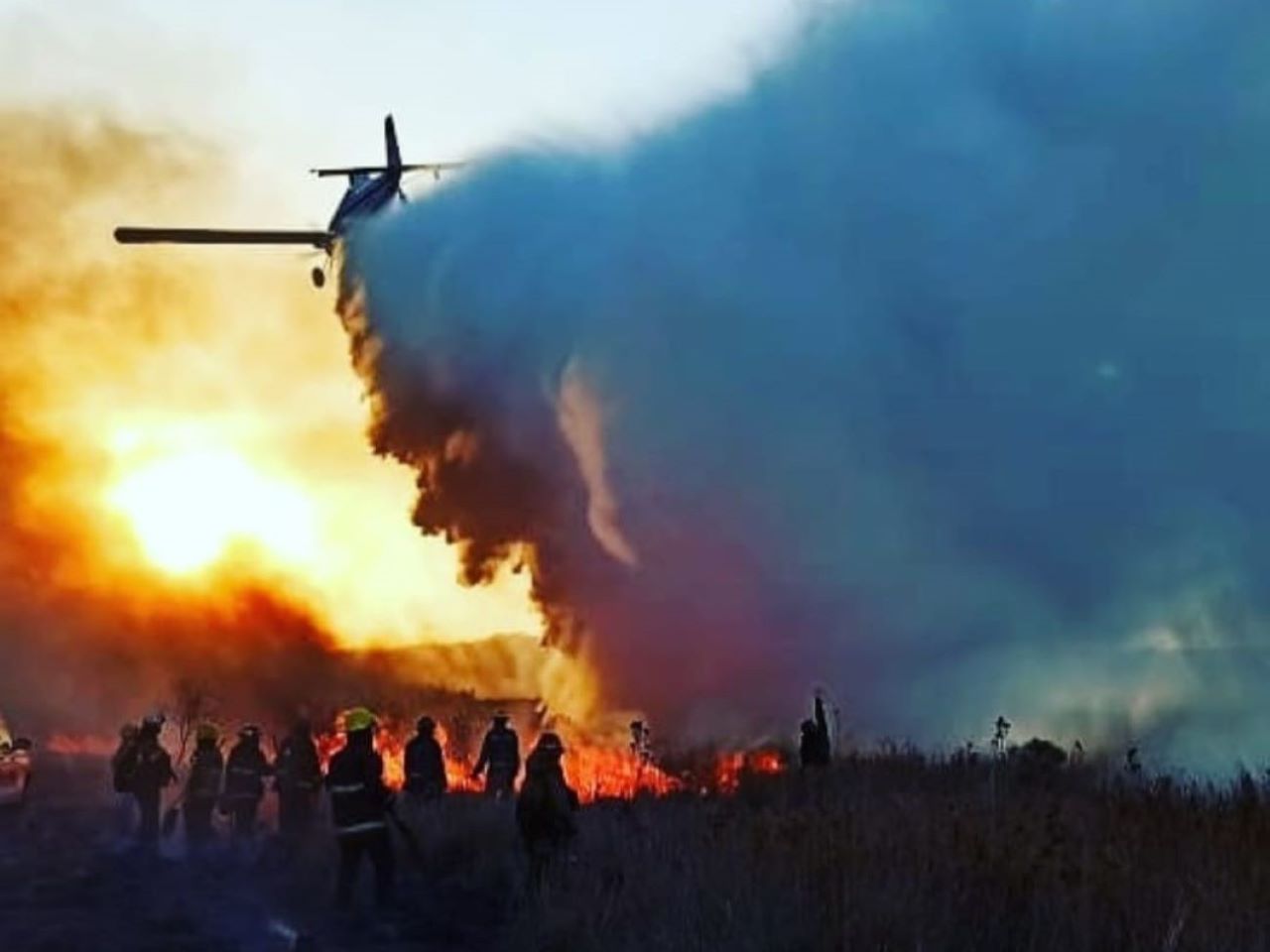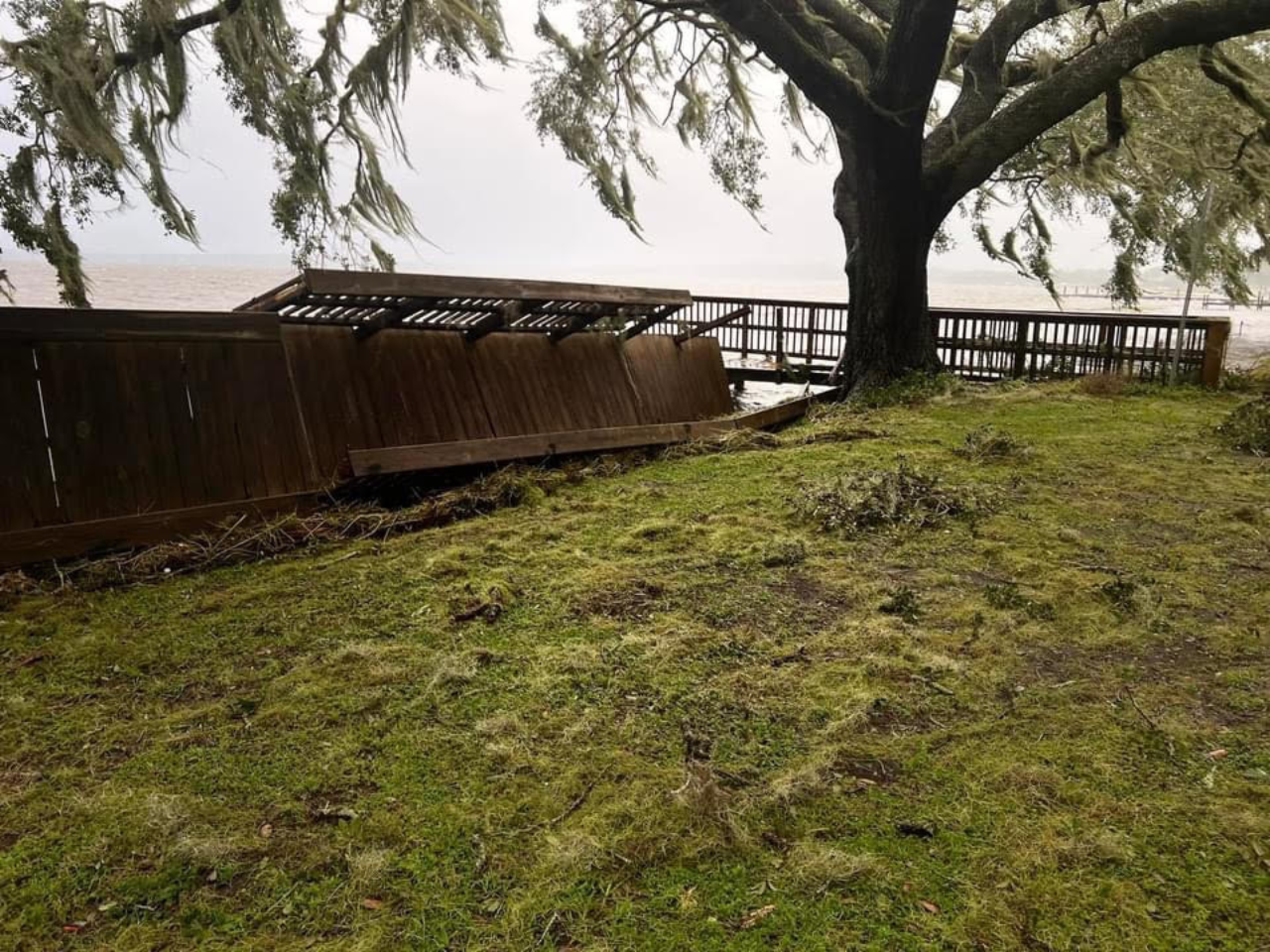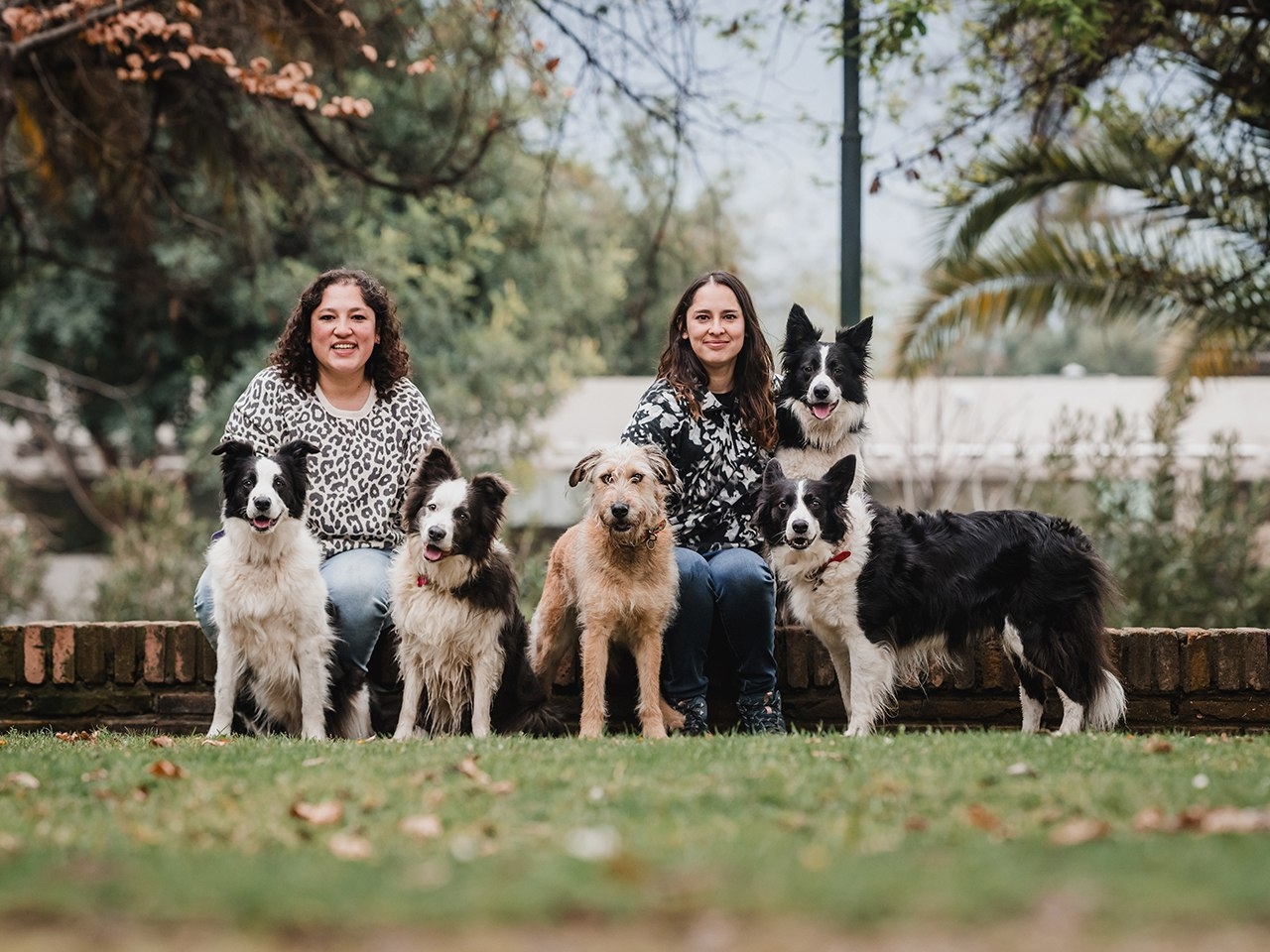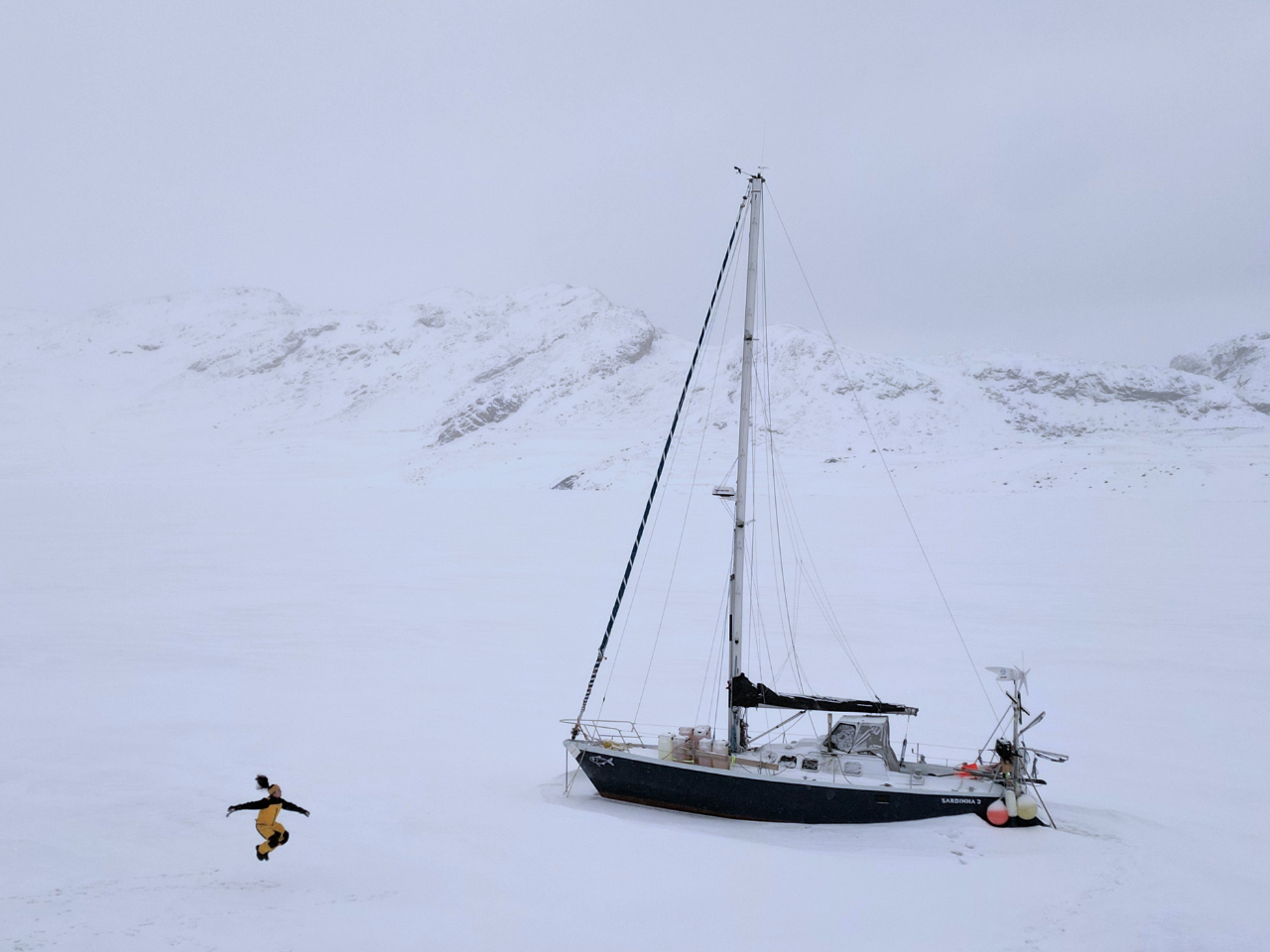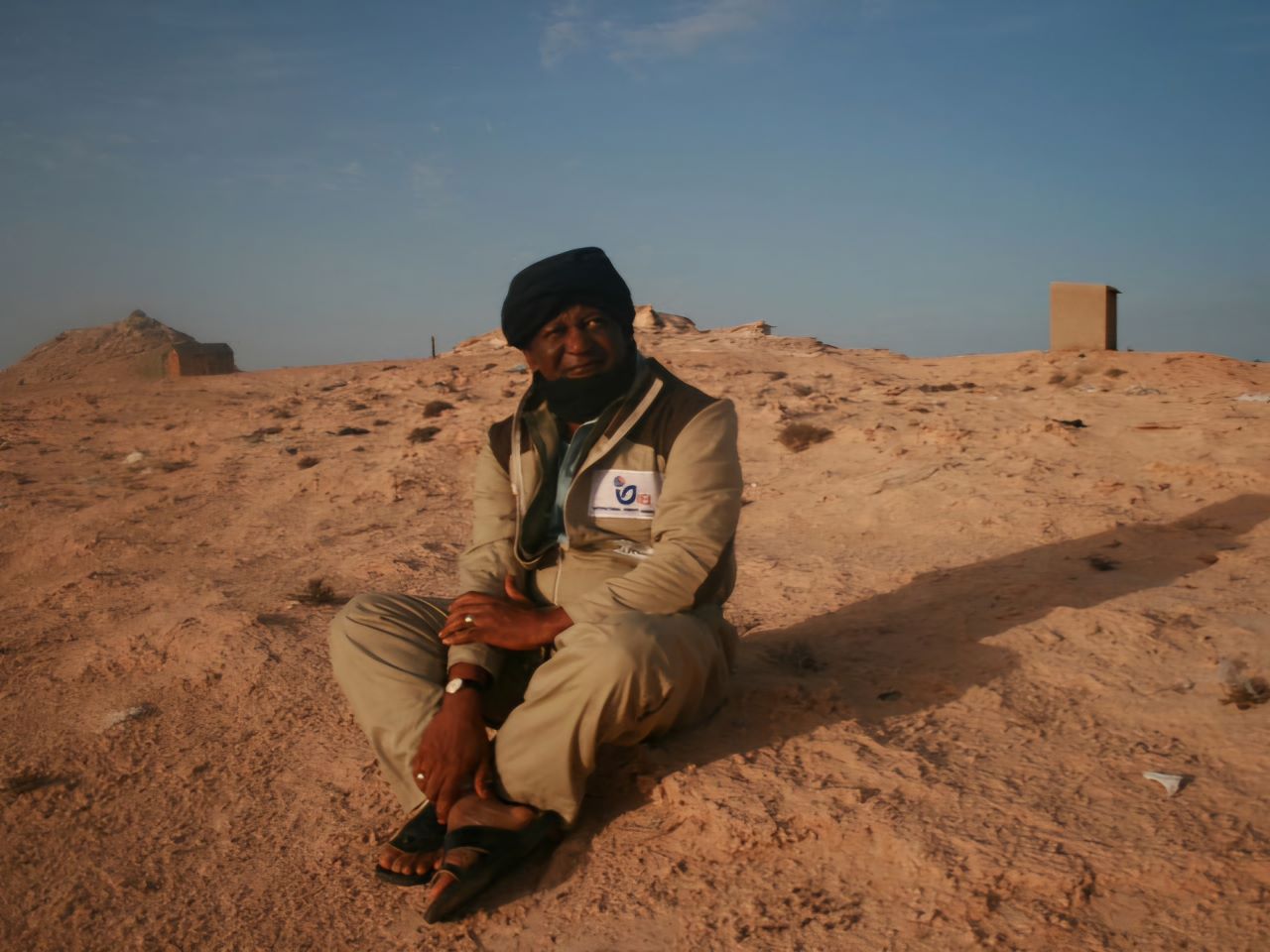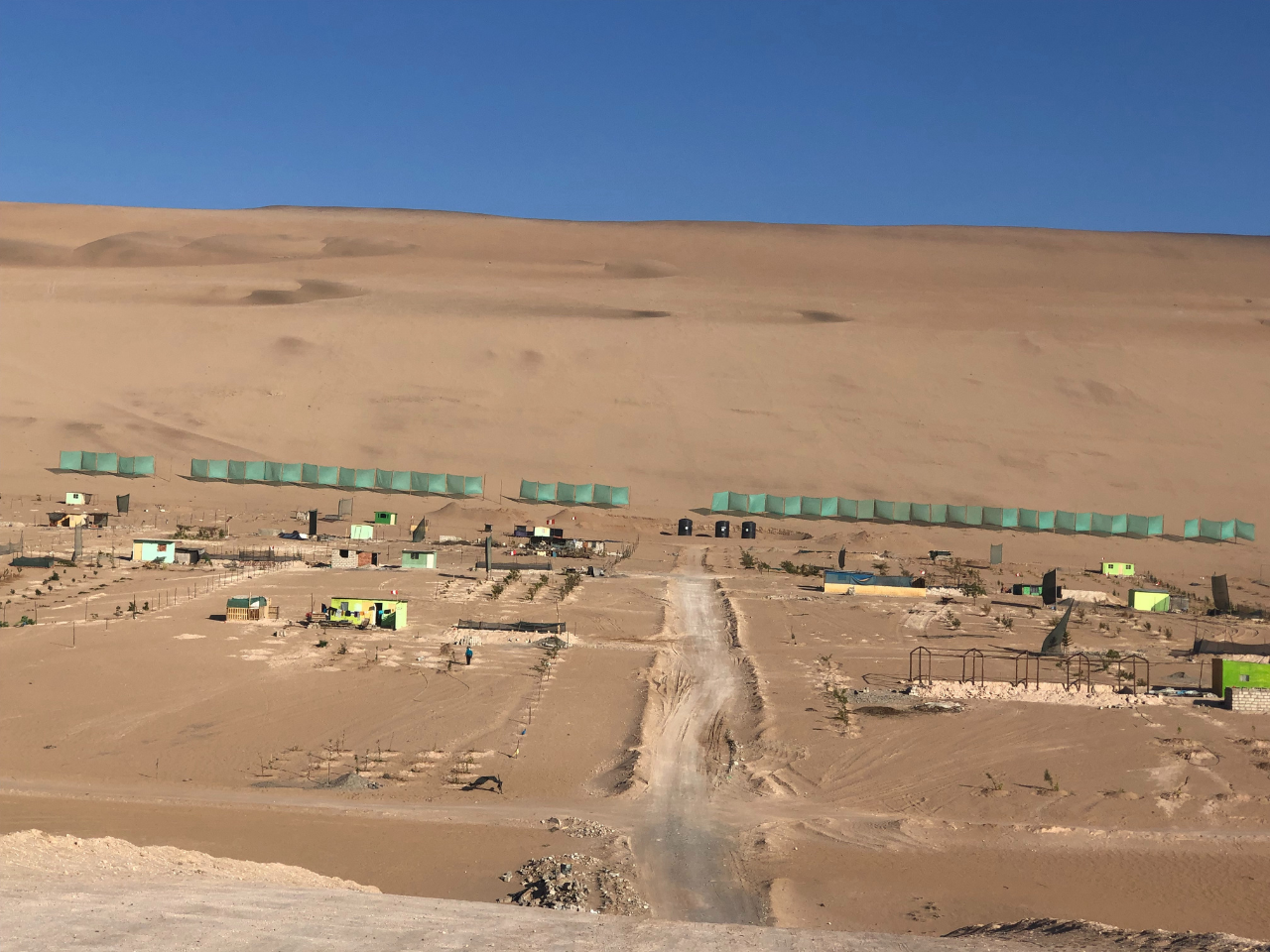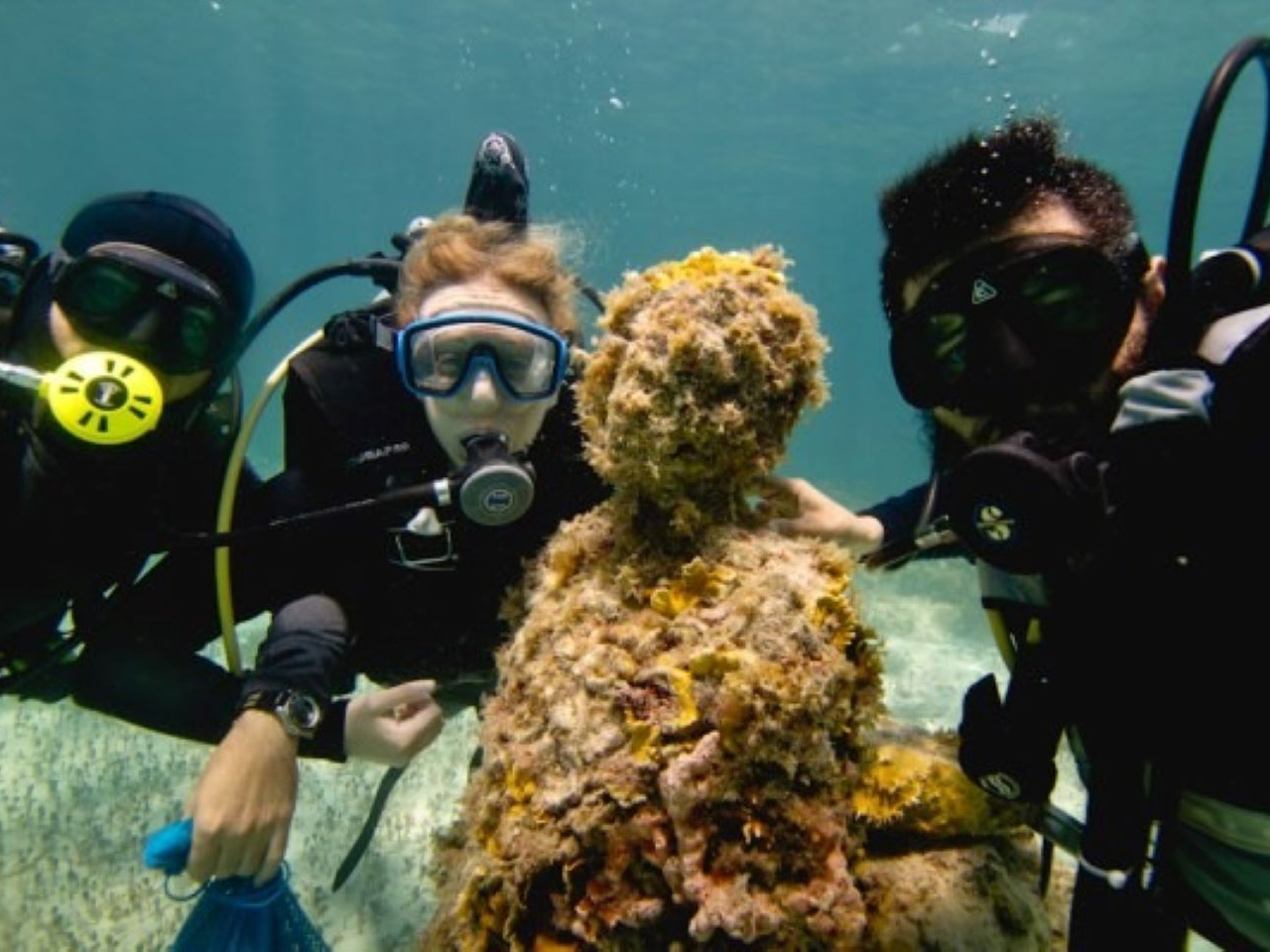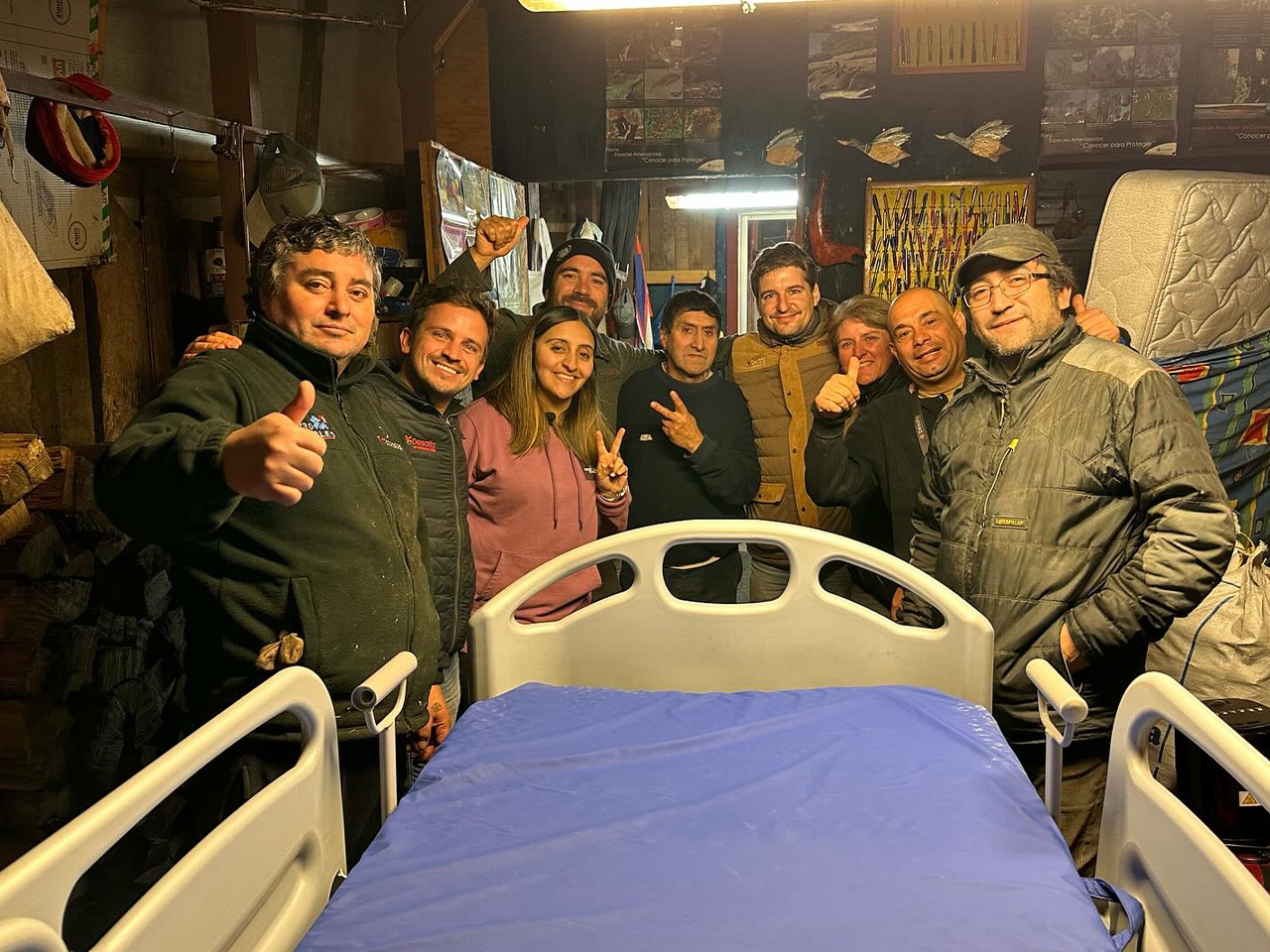Plastic waste litters the Valdés Peninsula coast in Patagonia
As things become worse year after year, I feel exhausted. We beg to be listened to; for authorities to exert more control over the fishing industry. Frustration lives inside of me every day as we feel neglected and abandoned, facing this endless problem on our own.
- 3 years ago
January 24, 2023
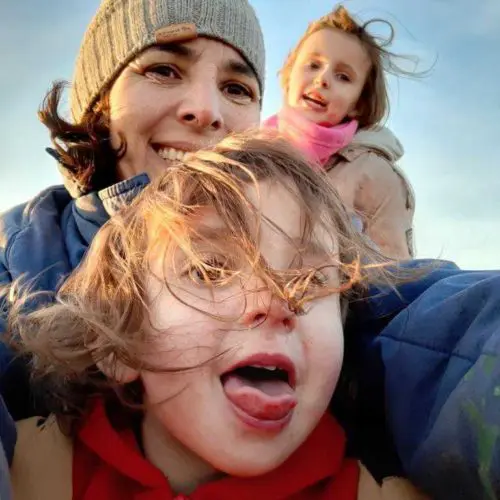
CHUBUT, Argentina ꟷ Plastic waste litters the coastline in the Chubut province in Patagonia. As fishing boats depart the coast, they often drop waste into the sea. The currents pull containers, nets, and other trash onto the beaches of the Valdés Peninsula.
Residents make their way from their homes to the waters, to clean the beaches, but litter continues to pile up every month. The solution exists not in the collection of waste but, preventing it from entering the water in the first place. No effective sanctions exist to stop this problem.
Sea elephants give birth to pups amongst the debris
Residents like me make these beaches on the Valdés Peninsula our home. We see the beautiful landscape dirtied and mistreated. It causes us great pain. The lack of broader care for the land feels like anguish sitting on my chest.
My great grandfather Félix Olazabal became one of the first settlers in Chubut. I am a fourth-generation resident. Most of the families here share a one-hundred-year history with this place. My grandmother and her brothers grew up on the peninsula, so it represents my roots.
That history seems not to matter to the fishing companies. I watch them plunder resources like shrimp and pollute the sea and coastlines. They throw containers, nets, gloves, and everything possible into the water.

My land faces the sea and I see the beaches pile up with boxes, buckets, and the remains of fishing nets from hundreds of boats that cross the Atlantic Ocean in search of precious shrimp or squid. I see animals wandering through the waste. On the south of the peninsula, close to Morro Nuevo, sea elephants mate and give birth to their new pups. They live amongst the debris.
As a community we share not only a sense of belonging, but a deep desire to protect and respect our land. We put forth great effort to maintain it. Sadly, we see people coming in to acquire land who ignore the problem. Perhaps they do not share the same connection as we do.
Animals ingest microplastics along the coastline
For me, my family, and many others, we chose this place. We respect, protect, and care for it. I hope to leave this legacy for my daughters. Frustration sets in when we feel alone in that process. This space, like many others in Argentina, suffers from a form of state absence. In an attempt to garner intervention, we go around and around with the bureaucracy, facing obstacles at every turn.
The Valdés Peninsula on the Argentine sea isn’t just any coastline. In 1999, it became a World Heritage Site by Unesco – a protected natural area. It boasts the largest reproductive population of southern right whales and numerous nature reserves. Yet, garbage continues to accumulate.

After 30 years of battling population, we are starting to become more visible. This may also be because the problem grows more serious. A sense of sadness pervades people’s hearts seeing animals amongst the buckets, boxes, gloves, ropes, nets, and pallets.
We experienced hope when the government forced companies to label containers to track their origins and enact sanctions. Yet, that hope diminished as tracking mechanisms failed, and companies with great resources simply paid the fines.
Endangered whales trapped in fishing nets
Now we watch in disbelief as the plastics on the beaches break down into smaller fragments which the animals mistake for food. They eat the microplastics which, over time, invade the organisms of the animals we love so much. As the crews on boats clean their decks with a powerful jet of water – expelling their garbage into the sea – the animals and environment suffer.
Two main industries for the residents in Chubut include livestock and tourism. The tourism now helps us to raise awareness. As tourists and people from nearby regions come to the peninsula, the ugliness of pollution can no longer be hidden.

Whales get caught in fishing nets and ropes. It has become their number one cause of death. The North Atlantic Right Whale, now critically endangered, numbers fewer than 400 here today. The elephant seals crawl and climb on plastic containers and baskets. They cannot understand the danger.
As things become worse year after year, I feel exhausted. We beg to be listened to; for authorities to exert more control over the fishing industry. Frustration lives inside of me every day as we feel neglected and abandoned, facing this endless problem on our own.
Yet, we fight on. I preside over a landowner’s association, and together, the people of the Valdés Peninsula will never give up.




